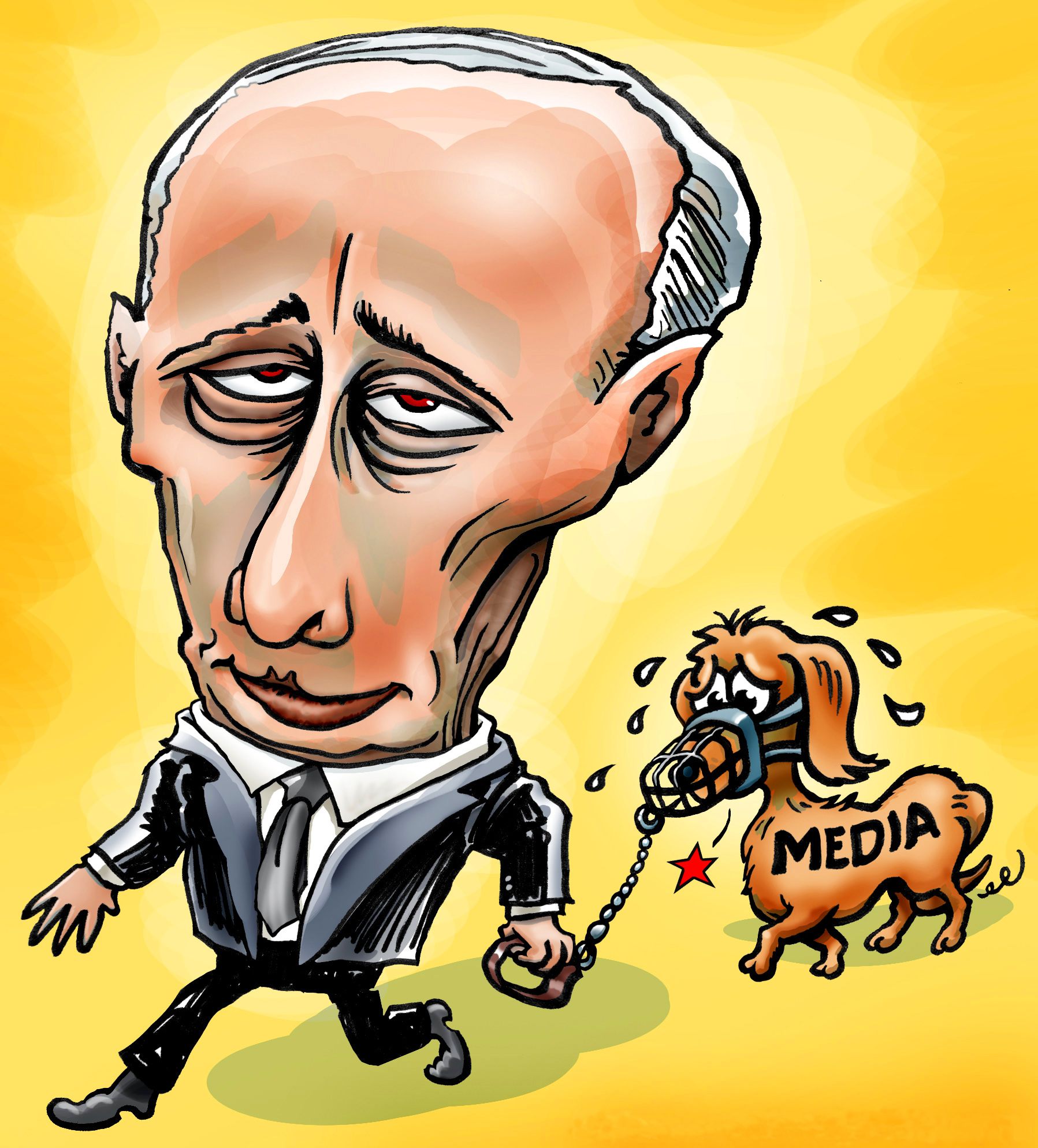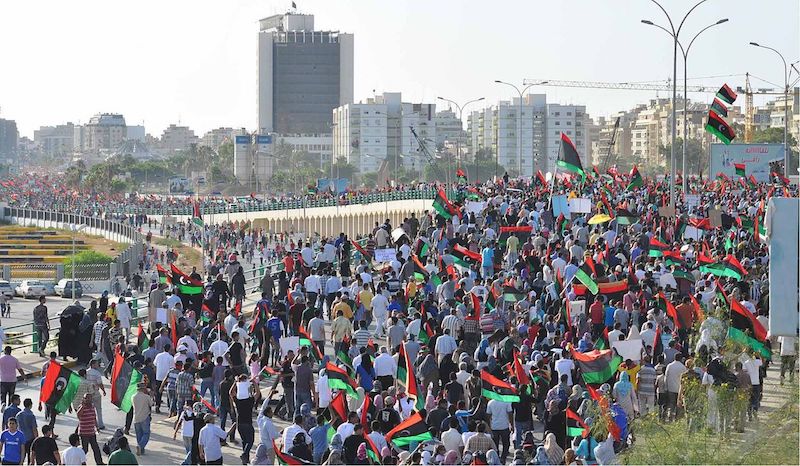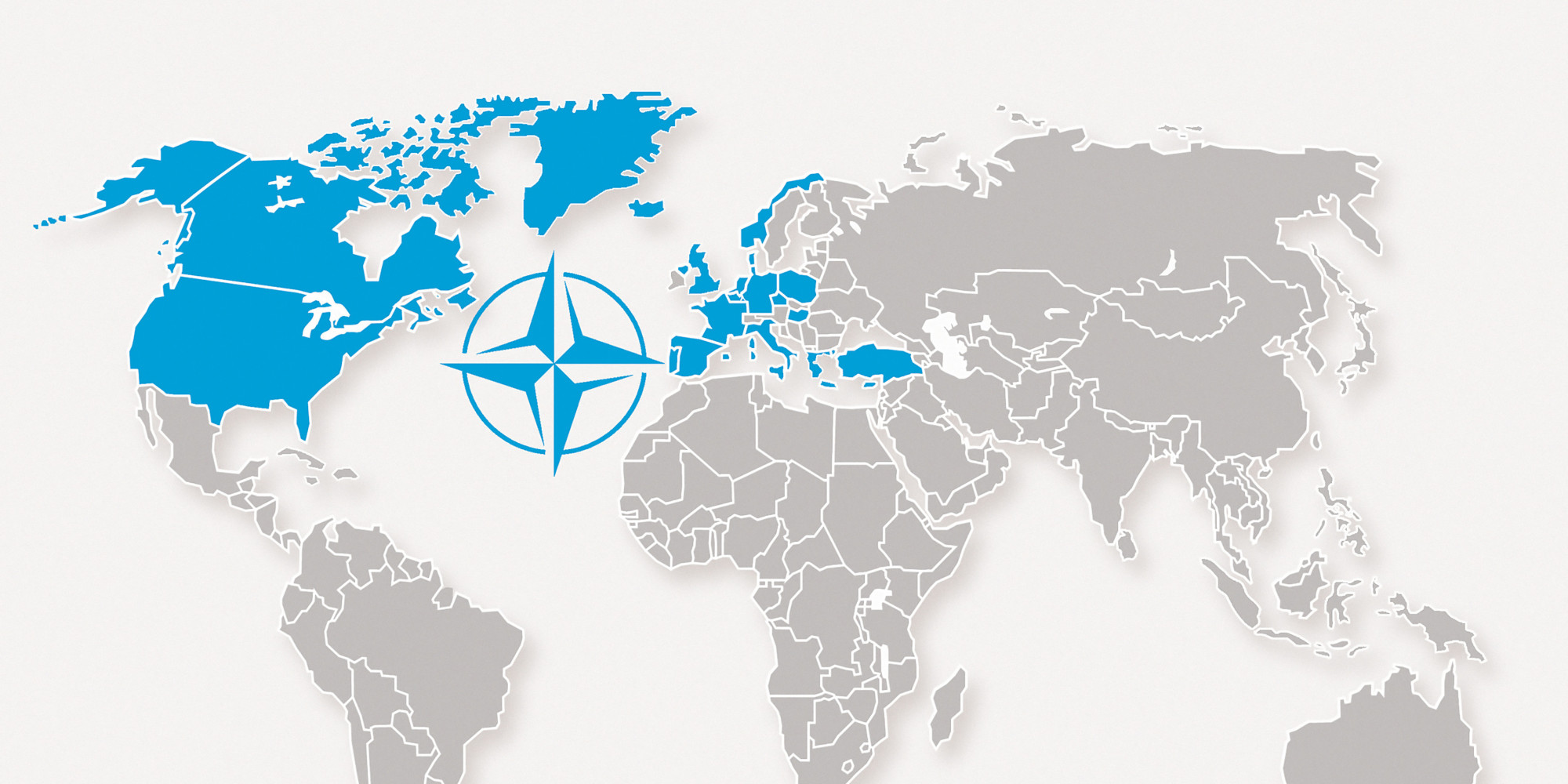Understanding Information Warfare from the Russian Perspective (Part One)
Luciano Floridi, a leading theorist on the philosophy of information, asserts that information has always played a central role in conflicts. Telecommunications technologies such as radar, the computer, the satellite, GPS, and the Internet were developed initially for the military domain. However, in today’s wired world, information can be considered a weapon precisely because the targets themselves are increasingly informational in nature.
An April 2015 NATO draft report entitled ‘Hybrid Warfare: NATO’s New Strategic Challenge?’ states that although hybrid warfare itself is not new, its application by Russia presents a new challenge to the Alliance. Information is the optimal weapon because it is discreet, inexpensive, easy to produce, and is able to move across state borders freely.
Russian General Makhmut Gareev confirms that technological advances mean that information warfare has become more sophisticated over time, with computers and communications systems facilitating the swift collection and dissemination of information. As early as 1995, General Gareev noted that information warfare was a decisive element in future conflicts, suggesting that in place of direct armed attacks, conflicts may change into latent, undeclared wars. Twenty years later, the crisis in Eastern Ukraine and Crimea is a perfect illustration of how strategic control over information could mean the difference between an armed intervention or “an intervention without a single shot being fired and with no human casualties” — as stated in President Putin’s own words.
Before the Euro-Atlantic Alliance can address how to counter this type of modern warfare in which information plays a central role, we must first understand what information warfare is, how it works, and how it can be employed on the battlefield from the Russian perspective.
In Part One of this series, we will be examining different definitions of information warfare, aiming to shed light on the Russian conception of information warfare. Instead of focusing on the purely technical aspects of information technology or the cyber realm, we will be covering ‘soft power’ elements such as the promotion of disinformation, propaganda, and strategic control over media outlets. Then, we will examine policy frameworks such as Russia’s National Security Concept, Russia’s Foreign Policy review, and Russia’s Military Doctrine to study how Russia’s focus on information warfare has evolved and intensified over time.
What is Information Warfare?
NATO’s Science and Technology Committee defines information warfare as:
“defensive and offensive operations, conducted by individuals or structured organisations with specific political and strategic goals, for the exploitation, disruption, or destruction of data contained in computers or transmitted over the internet and other networked information systems.”
In comparison, Russia’s definition of information warfare is far more broad and comprehensive, extending beyond the realm of information systems and technology. According to the 2011 Yekaterinburg Convention on International Information Security, Russia defines information warfare as:
A “conflict between two or more States in information space with the goal of inflicting damage to information systems, processes, and resources, as well as to critically important structures and other structures; undermining political, economic, and social systems; carrying out mass psychological campaigns against the population of a State in order to destabilize society and the government; as well as forcing a State to make decisions in the interests of their opponents.”
Notably, whereas NATO’s definition of information warfare focuses on hard elements such as computers, the Internet, and other networked information systems, the Russian definition directly references soft elements such as the use of influence over a country’s political, economic, and social systems as well as psychological campaigns in order to destabilize a target country.
In the same vein, many Russian defence experts support this comprehensive conception of information warfare. Andrey Kokoshin, the former Deputy Minister of Defense and former Secretary of Russia’s Security Council, states that information operations are able to assert informational, psychological, and physical influence on government personnel as well as on economic and military entities. Furthermore, Andrei Illarionov, former advisor to President Putin, highlights that information warfare plays a central role in this new mode of hybrid warfare in which a full-spectrum of non-military means, whether political, informational, or economic in nature, are employed to exploit a country’s vulnerabilities. Political scientist and former KGB officer Igor Panarin’s conception of information warfare corresponds to former definitions. Panarin conceives information warfare as “a kind of warfare between parties in which special (political, economic, diplomatic, military and other) methods and measures are used to influence the informational environment of the enemy, and to defend one’s own environment in order to achieve one’s defined goals.” Therefore, many Russian officials and defence experts agree that information warfare can be defined as the pursuit of certain objectives through measures spanning over multiple domains such as the political, economic, diplomatic, psychological, and other spheres.
The Growing Importance of Information in Russia’s Military and Foreign Affairs Policy
In fact, as far back as 2000, the importance of information was already being addressed in Russia’s Military Doctrine, in which basic external threats included “informational activities (informational-technical and informational-psychological)” deemed hostile to the military security of Russia. The 2000 Military Doctrine noted that modern war included “active information rivalry, and the confusion of public opinion in the individual countries and in all global public opinion.” Russia’s 2000 National Security Concept mirrors this view, warning that Russia faces a growing threat posed by countries striving for dominance in the information sphere. A decade later, Russia’s 2010 Military Doctrine claims that an intensification of the role of information warfare is a key feature of contemporary military conflict. In other words, measures of information warfare can be applied in order to achieve political objectives without recourse to military force.
Similarly, the 2014 Russian Military Doctrine emphasized the importance of information in contemporary conflicts and the inclusion of information into the country’s defensive arsenal. Interestingly, in Russia’s 2014 Military Doctrine, the information space has undergone progressive ideologizing. For example, the document warns that Russia and especially Russian youth are susceptible to information warfare and subversive attempts to undermine the “historical, spiritual and patriotic traditions in defence of the Fatherland.” The 2014 doctrine also stresses the insidious nature of soft power wielded by civil society organizations and foreign organizations In May 2015, Russia banned foreign organizations deemed undesirable ahead of the 2016 elections.
Russia’s stance on foreign policy also confirms the importance of information. In examining Russia’s Foreign Policy Review from the years 2007 and 2013, we discover that foreign policy also confirms the importance of information, claiming that “Russia’s main task is to create effective information campaigns everywhere [officials] detect real challenges to Russia’s interests, by maintaining a wide public consensus about the direction of Russia’s Foreign Policy.” According to Russian journalist Yuliya Latynina, “If the main purpose of conventional warfare is victory, then the main purpose of the New Warfare is public relations.”
The Winter Internet Uprising of 2011-2012
Overall, this intensification of focus on the information space can be traced to the Russian Winter Internet Uprising of 2011-2012, in which netizens protested against then-Prime Minister Putin’s run for a third term as the President of Russia. The impact of social media was evident after several protests were organized online, eventually leading to mass arrests on May 6, 2012. In response, Russia’s state-controlled NTV channel created a film claiming that the U.S. State Department was behind organizing the protests against Putin. A website also claimed that the protests in Russia were triggered by a secret U.S. military base in Alaska “beaming high-frequency signals into the brains of Russians.” After the 2012 presidential election, controls such as the criminalization of libel, heightened restrictions on Internet and social organizations, as well as a threat to block Youtube, were swiftly adopted.
Currently, the Russian Ministry of Communications is authorized to revoke an Internet service provider’s license if a site is deemed extremist by the Ministry. Russia’s largest domain registration centre, Ru-Centre, is under government control. Moreover, paid commentators and bloggers are organized by the Domestic Policy Department of the Presidential Administration in order to distribute state-sanctioned information online, creating shell accounts on social media networks and posting extensively on internet forums. Domestically, we can see a trend towards more repressive measures in an attempt to control communication networks and social media.
Applications of Information Warfare
“Conflicts in the infosphere, not just DDOS attacks, but also trade wars, currency wars, patent wars, marketing wars, and other silent wars of informational battles to win hearts, minds, and wallets—are dangerous and wasteful.”
– Lucianno Floridi (The Latent Nature of Global Information Warfare, July 2014)
In Part Two of the series, we will be moving from the doctrinal realm to the applied realm, examining Russia’s informational reach abroad and how information can be strategically utilized. Notably, during the Ukraine conflict, information played a role in sowing confusion, destabilizing the target country, and priming the country for an armed incursion. We will study the movement away from the Soviet model of propaganda which insisted that various pieces of disinformation were factual towards a newer brand of propaganda with a relativist, postmodern quality. According to Russian media expert Peter Pomerantsev, this new brand of propaganda works by keeping the opposition “constantly confused, a ceaseless shape-shifting that is unstoppable because it’s indefinable.” As such, we will also study the reasons why information warfare can be particularly difficult to address and counter.







